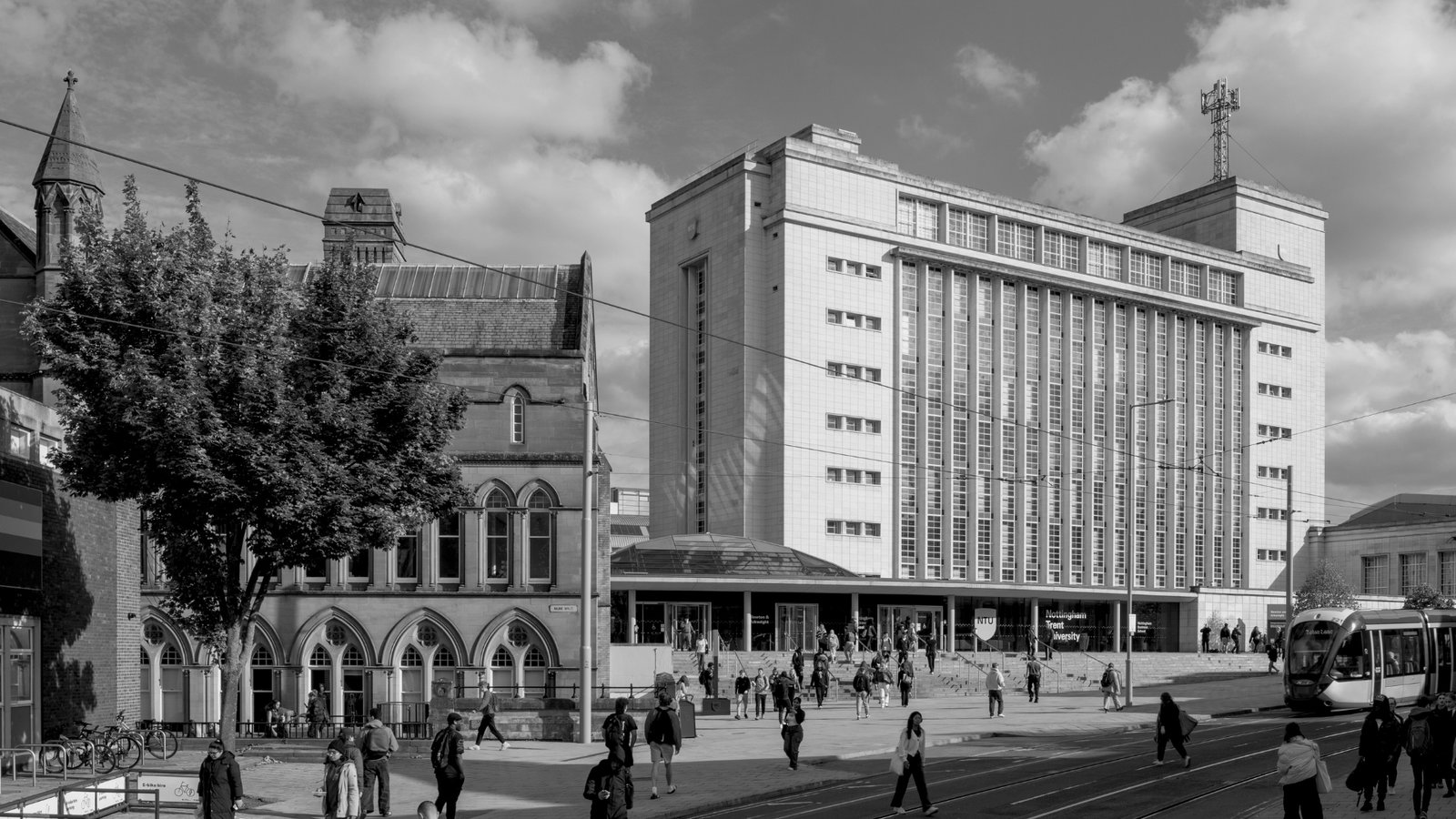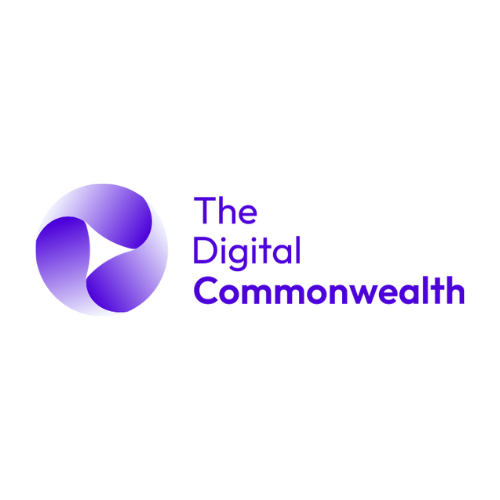The Central Bank of Brazil has opened applications for phase two of its Drex central bank digital currency (CBDC) pilot project. Between 14th October and 29th November, businesses can submit proposals, particularly those that can be implemented using smart contracts.
While no official launch date for Drex has been confirmed, Fábio Araújo, the Drex coordinator at the Central Bank, has suggested that live tests may follow this phase of the pilot, according to Cointelegraph Brasil.
This round of applications places a strong emphasis on privacy and interoperability. The Central Bank’s call for applicants notes that there is no limit to the number of projects that its Executive Management Committee will review. Submitted business cases must focus on privacy, particularly in relation to Brazil’s General Data Protection Law, and should address any legal obstacles to implementation.
Thirteen use cases have already been confirmed for the second phase of the pilot. These include applications such as receivables assignments, collateralisation with CBDC, international trade finance, optimisation of the foreign exchange market, a liquidity pool for public bonds, and transactions involving automobiles, carbon credits, debentures, and real estate.
In addition, tokenisation and decentralised finance (DeFi) are key areas of focus in this round of testing. There will also be an exploration of Drex’s interactions with other networks. Brazil’s securities regulator, the Comissão de Valores Mobiliários, is planning to create a tokenisation sandbox, a move that aligns with the goals of the Drex pilot. Araújo has highlighted the importance of adopting internal elements within the system and only engaging in interoperability when strictly necessary.
The Drex system is designed to replace Brazil’s current real-time gross settlement system, the Sistema de Transferência de Reservas (STR), with Araújo describing it as STR 2.0. Further details will be needed before the system can go live, but the project is progressing swiftly.
During the first phase of testing, sixteen consortia, primarily led by banks, took part. The Brazilian Association of Banks played a key role in bringing some of these groups together, following expressions of interest from 13 of its 118 members. Although a digital real was initially proposed in 2015, testing only commenced in 2022.
































